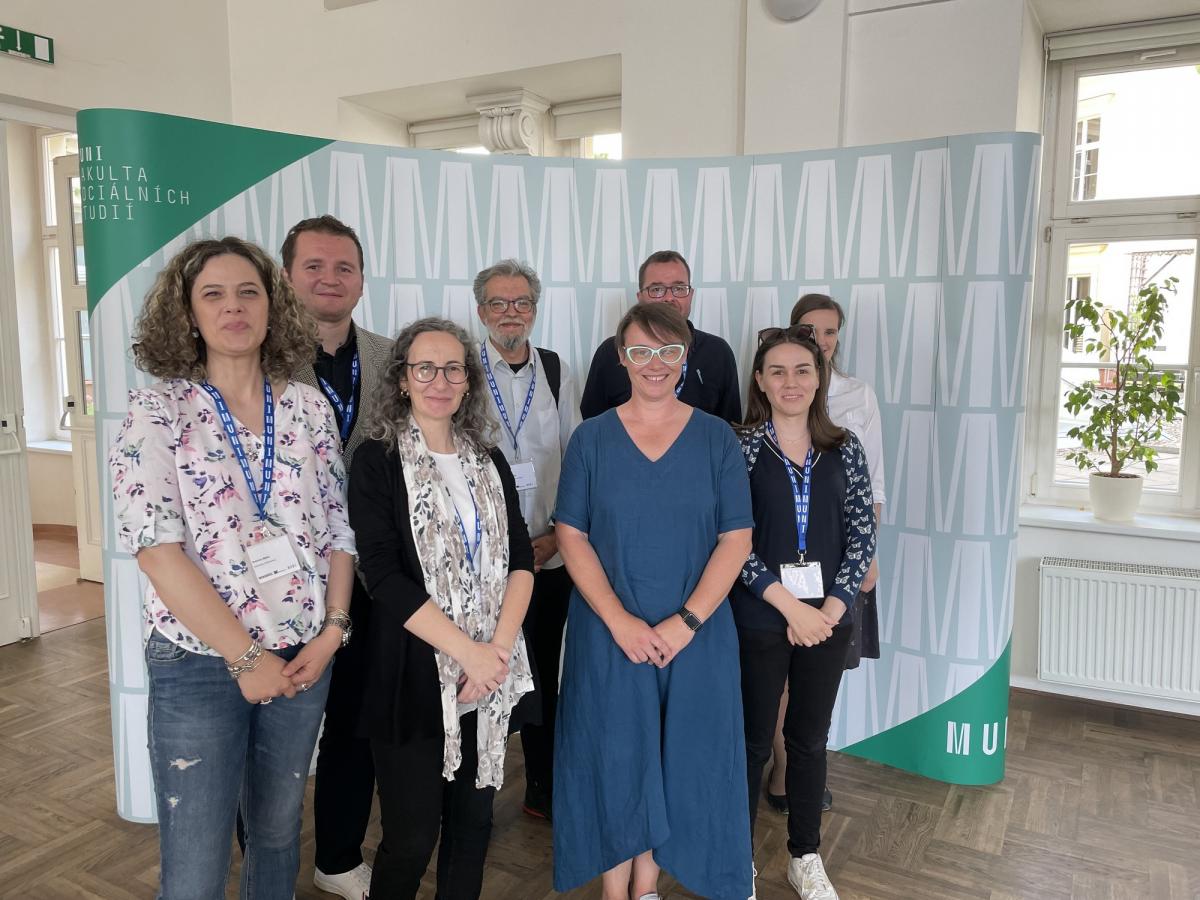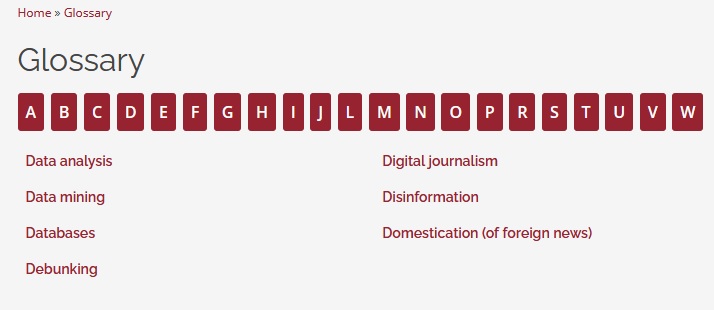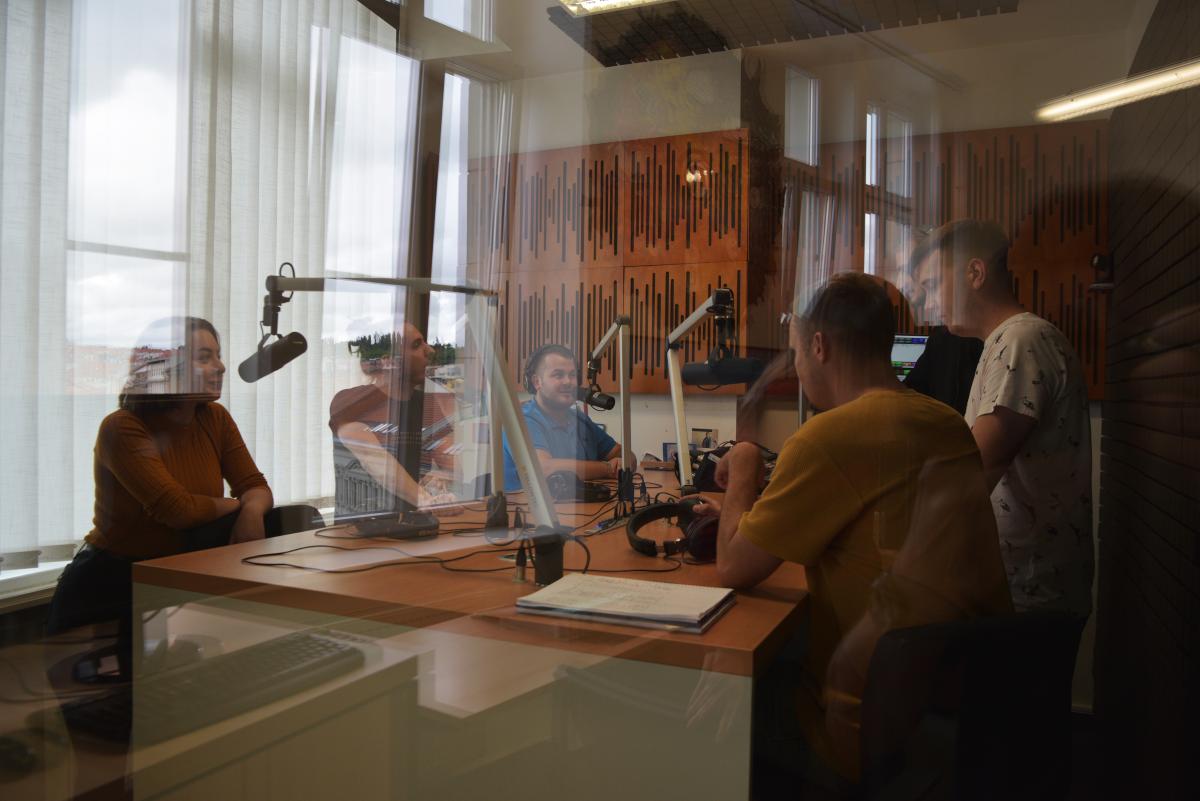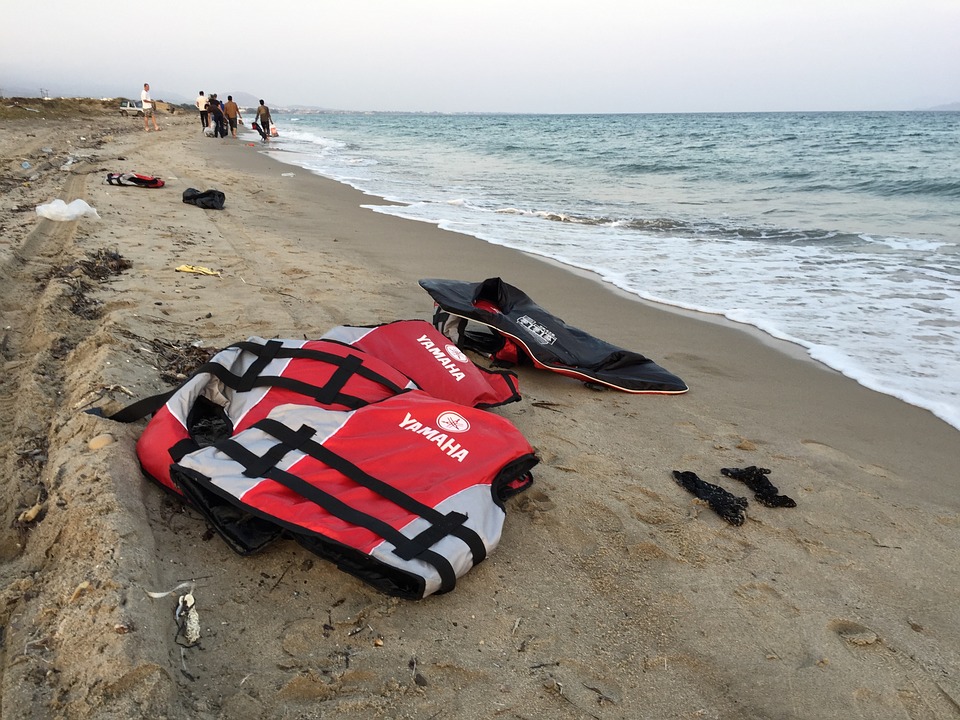 The second multiplier event of the NEWSREEL2 project with the title of "Media and Democracy in Challening Times" was held on 3rd June at the Department of Media Studies and Journalism of Masaryk University in Brno, Czech Republic.
The second multiplier event of the NEWSREEL2 project with the title of "Media and Democracy in Challening Times" was held on 3rd June at the Department of Media Studies and Journalism of Masaryk University in Brno, Czech Republic.
During the event, representatives of the partner institutions introduced the syllabi on the specific project fields. Four of the fields were highlighted: Graphic journalism, Foreign Coverage, Journalism for voice-activated assistants and devices and Verifying and analysing fake news.
Based on these curricula, we are developing e-learning materials in the current phase of the project. All of the materials will be available on our project website.
The event also welcomed two lectures connected to the challenges of our project, as well as a round-table discussion about journalism and journalistic education.
If you are interested in the details, click on read more!
 The determining tendencies of the current media environment significantly impact the whole economy of news production and consumption and journalism as a profession indirectly. Due to the expanding processes of digitalisation and convergence, the popularity of social media has increased. News is being consumed more and more online, often through social media, embedded in everyday media consumption, and adapted to user needs with the proliferation of portable smart devices.
The determining tendencies of the current media environment significantly impact the whole economy of news production and consumption and journalism as a profession indirectly. Due to the expanding processes of digitalisation and convergence, the popularity of social media has increased. News is being consumed more and more online, often through social media, embedded in everyday media consumption, and adapted to user needs with the proliferation of portable smart devices.
This shift in media consumption and the technological development is threatening the boundaries of journalism, and many researchers interpret the resulting transformation as boundary work or even boundary struggle (Carlson and Lewis, 2015; Boesman and Costera Meijer, 2018). As part of this struggle, newsrooms are moving away from traditional journalistic platforms to social media. However, this is a completely new and unfamiliar territory, both in terms of newsroom practice and the traditional skills of journalists.
To gather the best practices and to get an idea of the journalistic skills needed in this field, we interviewed leading journalists of newsrooms from Hungary, Czech Republic, Romania, Portugal, and Germany as part of the NEWSREEL2 project.
This is the third piece of the summary of our new research report, written by Rita Glózer (University of Pécs).
 One of the outputs of NEWSREEL2 is creating a free accessible online glossary in English that helps to build a common knowledge base. We decided to continue the glossary of NEWSREEL1, so all of the terms connected to the specific fields of journalism can be found in the same place.
One of the outputs of NEWSREEL2 is creating a free accessible online glossary in English that helps to build a common knowledge base. We decided to continue the glossary of NEWSREEL1, so all of the terms connected to the specific fields of journalism can be found in the same place.
The structure of the glossary follows the fields of the syllabi and the e-learning materials, therefore it includes the most important terms from all fields. The areas of NEWSREEL2 are Storytelling in social media, Graphic journalism, Improving democratic sensibility, Covering migration, Foreign coverage, Journalism for voice-activated assistants and devices, AI and journalism, robot journalism and algorithms, Verifying and analysing fake news and Debunking disinformation.
36 terms connected to these professional fields are already available, including Instagramism, Webcomics, Public service media, Ethics of covering migration, Foreign reporting, Voice-activated assistant, Artificial Intelligence, Disinformation and Debunking.
If you are interested in all of the entries, please check the glossary menu!
 “Media consumers started to think that they no longer need journalists because they have direct access to the circles of power. No one understands that they have access to what the circles of power want,” says Ioana Avădani, director of the Centre for Independent Journalism in Romania. In this one sentence, she summarizes the challenges that journalists are currently facing in many European countries.
“Media consumers started to think that they no longer need journalists because they have direct access to the circles of power. No one understands that they have access to what the circles of power want,” says Ioana Avădani, director of the Centre for Independent Journalism in Romania. In this one sentence, she summarizes the challenges that journalists are currently facing in many European countries.
On the one hand, journalists have reached a point where they are required to fulfil traditional normative ideals – to be independent and pluralistic, to provide a forum for the exchange of opinions between the state and citizens, to defend human rights, to hold politicians to account, and to encourage people to participate in public affairs. On the other hand, they face direct challenges to these ideals.
As part of the international educational project NEWSREEL2, we decided to map the current challenges journalists face in relation to democracy and how this affects their work. We interviewed five experts who work mainly in investigative journalism in five European countries – Portugal, Romania, Czech Republic, Hungary, and Germany.
This is the second piece of the summary of our new research report, written by Klára Smejkal & Lenka Waschková Císařová (Masaryk University).
 Worldwide, unprecedented numbers of people are on the move: In 2020, over 280 million people globally were migrants and refugees, an increase of almost 130 million people compared to 1990, according to the Migration Data Portal run by the International Organization for Migration (IOM). Migration and forced displacement are thus a crucial issue for journalism globally. But what do seasoned migration reporters expect from journalism education, whether university-based or at further education institutes? A recent study sheds light on their wishes.
Worldwide, unprecedented numbers of people are on the move: In 2020, over 280 million people globally were migrants and refugees, an increase of almost 130 million people compared to 1990, according to the Migration Data Portal run by the International Organization for Migration (IOM). Migration and forced displacement are thus a crucial issue for journalism globally. But what do seasoned migration reporters expect from journalism education, whether university-based or at further education institutes? A recent study sheds light on their wishes.
To get inspiration for journalism training, four reporters from the Czech Republic, Germany, Hungary, and Portugal have been interviewed in spring 2021 in the framework of the EU-funded project NEWSREEL2 – New Teaching Fields for the Next Generation of Journalists. All of them have been reporting migration and forced displacement from an international angle, including research trips to Sub-Saharan Africa or Mediterranean countries.
This is the first piece of the summary of our new research report, written by Dominik Speck (Erich Brost Institute).